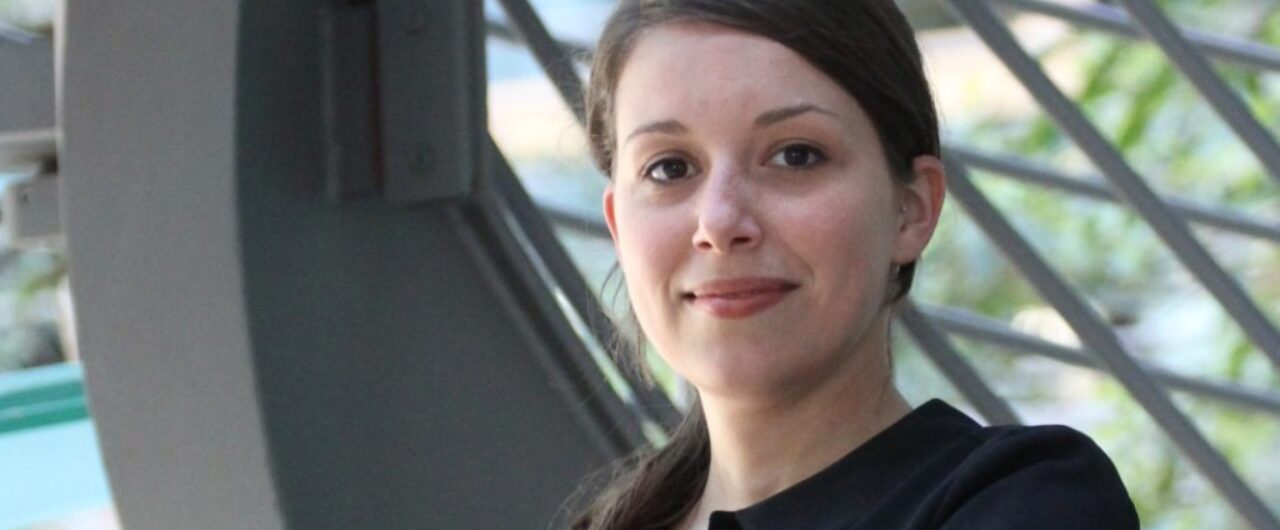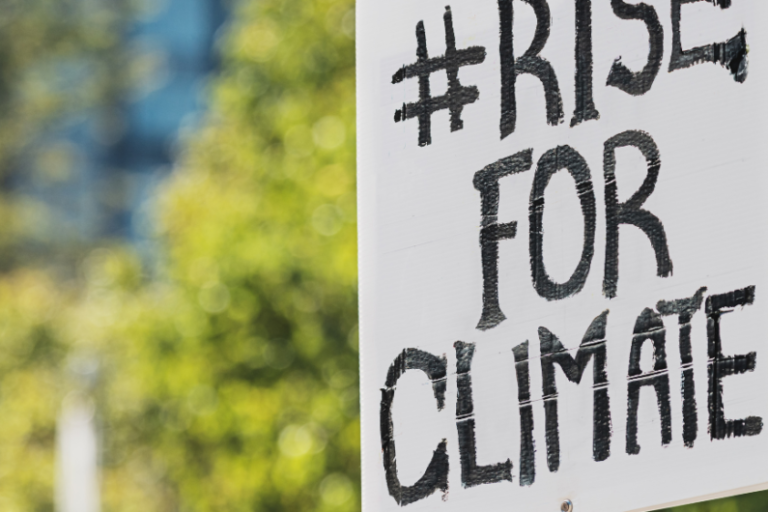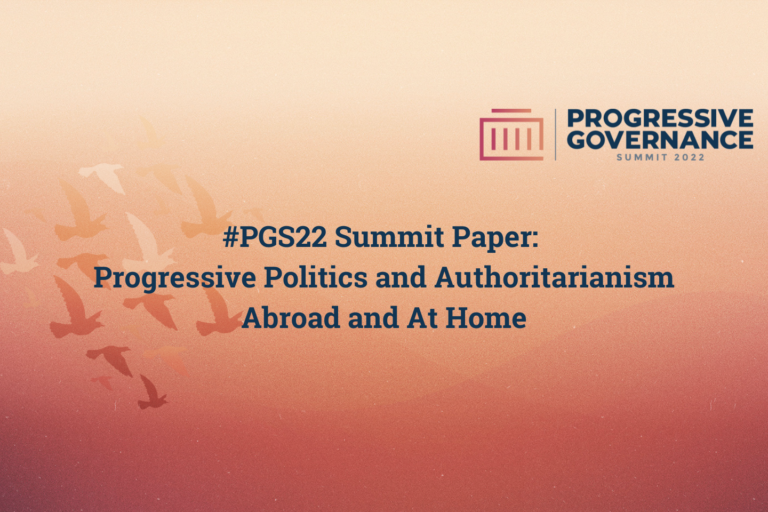In the context of the current refugee crisis the relationship between the Eastern and Western EU member states has become strained. In her contribution, Maria Skóra analyzes Central and Eastern European reactions to the refugee crisis. As conservative nationalism spiced with right-wing populism is on the rise in Central-Eastern Europe, the prospects for coordinated European immigration policies look very grim, indeed.
Eastern and Central European (ECE) countries are no strongholds of diversity. Their ethnic structures are plain when compared with the multicultural societies of Western Europe. In Hungary, the Czech Republic and Slovakia ethnic tensions persist with regards to local Roma communities, whereas Poland is one of Europe’s most homogenous societies with a very low share of ethnic minorities in the general population. All four countries (“The Visegrad Four”) are no migration destinations – the number of immigrants per 1000 inhabitants is significantly lower than in the Scandinavian countries, Germany, or the United Kingdom. On the contrary, since the Visegrad four joined the EU labour emigration from ECE countries has risen dramatically. Thus, the status quo of relative homogeneity persists.
Poland is one of the most homogenous societies on the continent
A study conducted for the Friedrich-Ebert-Stiftung (Intolerance, Prejudice and Discrimination: A European Report) comparing 8 EU member states – Poland and Hungary among them – proved that there are similarities between the two ECE countries. Moreover, noticeable differences in tolerance and discrimination attitudes were detected when compared to Western European states. Anti-Semitic prejudices were found strongest in Poland and Hungary. Racism was significantly most widespread in Portugal and Hungary, followed by Poland.
More than half of the Polish and Hungarian respondents wished for a strong leader
Referring to other extreme political attitudes often correlated with group-focused enmity, the tendency towards authoritarianism was widespread in Hungary and Poland, where more than half of the respondents wished for a “strong leader”. The study was conducted in 2011. Since then both Hungary and Poland have undergone far-reaching right-wing transformations. In Hungary, ruled by conservative nationalist prime minister Victor Orbán since 2010, the governing Fidesz party lost by-elections twice to the radical Jobbik party. In Poland, Andrzej Duda, the candidate of the Law and Justice party (PiS) defeated Bronisław Komorowski (Civic Platform – PO) in the May 2015 presidential election by presenting an explicitly catholic-conservative image. In October the party once again celebrated, winning the majority in both chambers of the Polish parliament. Moreover, the newly founded populist Kukiz’15 movement became the third biggest party in the national elections. Elsewhere in the region, politicians like Slovak Marian Kotleba (People’s Party – Our Slovakia) or Czech Tomio Okamura (Dawn National Coalition) also found their niches in the political landscape. Without any doubt: Conservative nationalism spiced with right-wing populism is on the rise in Central-Eastern Europe – and this should ring a new “alarm bell” for all European progressives.
ECE countries and the refugee crisis
The refugee crisis that started in summer 2015 wreaked havoc in ECE societies. In Slovakia, anti-immigrant marches took place already in June 2015, attended by Marian Kotleba, the far-right governor of the central Slovak region Banska Bystrica, who greeted the participants with „I wish you a nice, white day“. Similar actions were launched by radical groups and parties in the Czech Republic. An opinion poll conducted in early September exposed Czech criticism: 78% of the respondents demanded the introduction of border controls, 44% opined that the Czech state should not help refugees at all.
Very few ECE mainstream politicians had the courage to oppose the growing anti-immigrant agenda and rhetoric. Others added fuel to the fire.
In Hungary, members of the far-right Jobbik harassed refugees held at the Budapest Keleti Train Station. And in Poland, nationalists marched through Warsaw in autumn, threatening to „cut off the heads of newcomers“. Very few ECE mainstream politicians had the courage to oppose the growing anti-immigrant agenda and rhetoric. Others added fuel to the fire. Jarosław Kaczyński, the leader of the Law and Justice party (PiS) warned of “parasites the refugees might bring along”.
Quotas are a bluff
–Victor Orbán
Milos Zeman, the president of the Czech Republic, addressed immigrants saying: „No one invited you here“. Despite the decision of the European Parliament to back the proposal of the European Commission, the Visegrad Group refused to adopt refugee quotas, their governments boycotting calls for European solidarity in helping the immigrants. “Quotas are a bluff”, Victor Orbán said. „We strongly reject any quotas”, Slovak prime minister Robert Fico reassured the public. Later, Poland’s new government used the Paris terrorist attacks to threaten not to take any refugees for “security reasons”. It is willing, however, accept 7 000 refugees as stated in the relocation plan, formerly approved by their predecessors in government.
Refugee crisis or a crisis of Europe?
Already in autumn last year, EP president Martin Schulz warned that national selfishness threatens to triumph over the European community spirit: „Solidarity is not a one-way street“, he told Der SPIEGEL, referring to the positions of ECE countries. They were, however, not the only ones to oppose the intake of refugees on a large scale – Great Britain and Denmark also sent clear signals of disapproval. The refugee crisis blindsided the European Union. Instead of coordinated European action, immigration policy remained assigned to the national level, leaving the countries that decided to take in asylum seekers – Austria, Germany, and Sweden – on their own. „Now fend for yourself!“ say the opponents of open borders, hanging them out to dry.
We need a renewed focus on reforming the EU’s political architecture, on fostering common European political values, and on promoting transnational social welfare
After sensational media coverage on what happened during the Cologne New Year’s Eve celebration, where asylum seekers were allegedly involved in attacking and abusing women, it will be very difficult to stabilize moods in Europe. Moreover, it will be even harder for Germany to win support for its policy course. Slovak Prime Minister Fico has already called for an extraordinary EU summit to tackle uncontrolled migration across the EU. Supporters of strict immigration policies can now praise their self-fulfilling prophecies and adopt even harder stances.
The refugee crisis may be seen as yet another proof that the European Union is much more united economically than politically. Only a renewed focus on reforming the EU’s political architecture, on fostering common European political values, and on promoting transnational social welfare may help bridge the newly formed East-West divide within the European Union.





